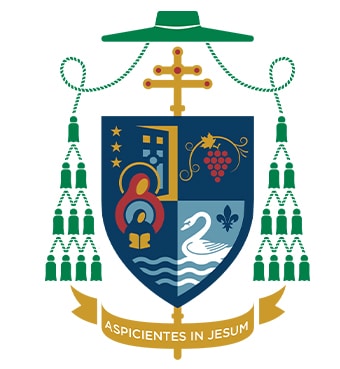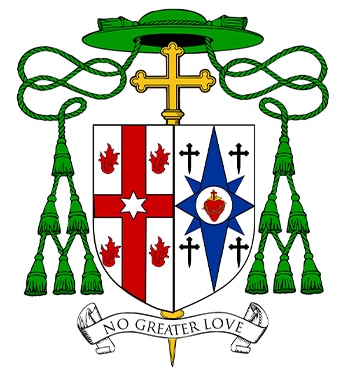Three biblical arguments for an authoritative Church
Via the Michigan Catholic
by Dave Armstrong
 My friend Al Kresta (also a columnist for The Michigan Catholic) once noted that in C. S. Lewis’ famous book, Mere Christianity — which was an ecumenical effort to find things all Christians shared in common and the “non-negotiables” of Christianity — a central, crucial doctrine of two of the three major divisions of Christianity was omitted.
My friend Al Kresta (also a columnist for The Michigan Catholic) once noted that in C. S. Lewis’ famous book, Mere Christianity — which was an ecumenical effort to find things all Christians shared in common and the “non-negotiables” of Christianity — a central, crucial doctrine of two of the three major divisions of Christianity was omitted.
The great Anglican apologist did not include a doctrine of the Church as a binding authority in the Christian life, which is a belief strongly held by Catholics and Orthodox, but formally denied by Protestants, who hold that only Scripture is an infallible authority (what is known as sola Scriptura; literally, “Bible alone”).
As a Catholic convert whose former biggest objection to Catholicism by far was the notion of an infallible Church or pope, I understand this viewpoint, but I thoroughly reject it now. As an introduction to the topic, I’d like to highlight three biblical passages that teach a very strong view of the authority of the Christian, or Catholic Church.
The church on the rock
Matthew 16:18-19 (RSV) “And I tell you, you are Peter, and on this rock I will

build my church, and the powers of death shall not prevail against it. [19] I will give you the keys of the kingdom of heaven, and whatever you bind on earth shall be bound in heaven, and whatever you loose on earth shall be loosed in heaven.”
This is also a key passage for the defense of the papacy, but that’s a separate topic. Here I want to note that there is such a thing in the Bible as “the Church,” and that it was established by Jesus Christ Himself, as His own Church. Some comedian once made a wisecrack about there being “only one ‘the Church.’” He spoke the truth.
St. Peter and the other apostles (of whom bishops and priests are successors) were given the power to bind and loose — Jewish rabbinical terms for penance (binding) and forgiveness extended by a representative of God (loosing). These decisions corresponded with the decrees or will of heaven itself (that is, God). Therefore, such power is indicative of a strong view of the authority of the Church.
The third notable element in this passage is the concept of the “powers of death” not being able to prevail against the Church. This means the Church (not just individual Christians, but the collective entity) will always emerge victorious in its spiritual battles. The King James Version renders the phrase above as “gates of hell.” This brings to mind a great image of the Church breaking through; conquering the gates of hell itself and overcoming evil and Satan.
Decisions, decisions
Acts 16:4 “As they went on their way through the cities, they delivered to them for observance the decisions which had been reached by the apostles and elders who were at Jerusalem.”
This verse is often overlooked in discussions about authority in Christianity. St. Paul didn’t simply hand out Bibles, nor did he preach the gospel only on his evangelistic journeys. He also proclaimed an authoritative Church decision, made at the Jerusalem Council, which is described in Acts 15:1-30.






